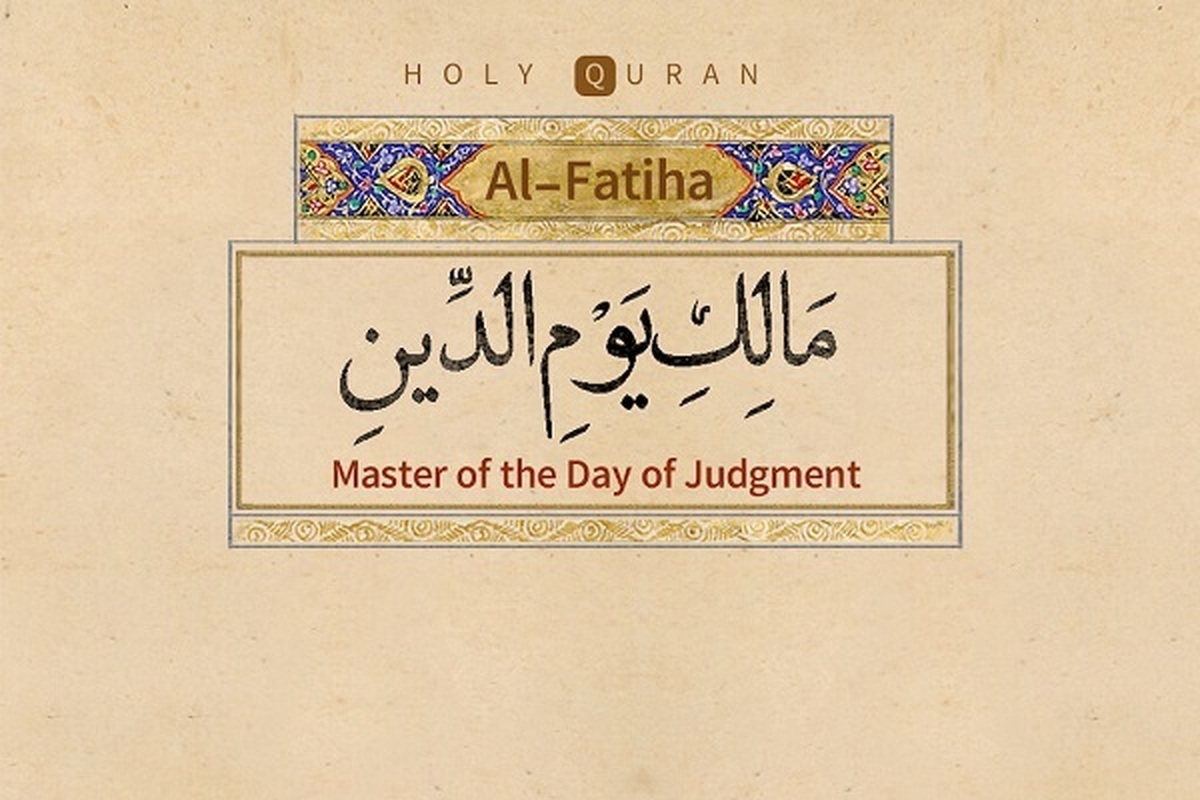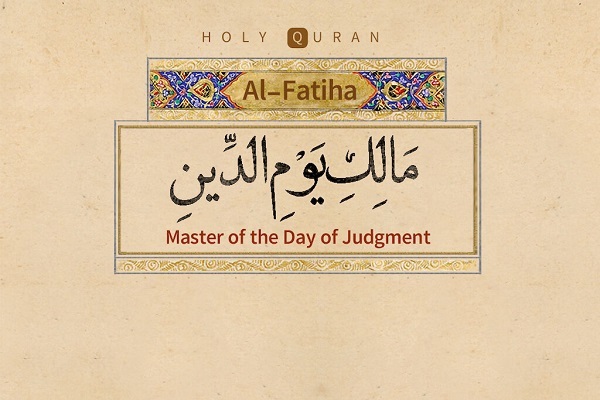What Does Malik Mean in Surah Al-Fatiha?


Following are excerpts from his remarks at the session:
In the previous sessions, we offered some points about Surah Al-Fatiha. The last point mentioned was about Bismillah (in the name of God). There are many Quranic and jurisprudential discussions about Bismillah.
In this session, we discuss the phrase Malik Yawm ad-Deen (Owner or Master of the Day of Judgment). There are many points that can be mentioned about this verse. Ownership is of two kinds: Itibari (secondary or unreal) and Haghighi (true). Some ownerships are true and real, for example our ownership of our body parts or God’s ownership of the world. In fact, in true ownership there is guardianship.
As for the Dhat (essence) of God, there are different views on whether there is Itibari or true ownership.
Now the question is whether Malik in Malik Yawm ad-Deen refers to Itibari or true ownership. Could it refer to both? If it refers to one of them, which one is it?
But first let’s see what Yawm ad-Deen means. Quran interpreters have said it refers to the Day of Judgment. Why does the Quran refer to the Day of Judgment as Yawm ad-Deen?
It is said that Deen means assessment and giving reward or punishment and that is what is done on the Resurrection Day.
The more known meaning of Deen is religion and Sharia but because Yawm ad-Deen refers to the Day of Judgment, we take the meaning of assessment and reward or punishment for it here.
(However), I, myself, doubt it that Deen in Arabic may mean punishment and assessment because the words that we have now have been affected by religious concepts after the advent of Islam.
For example, in some parts of the Quran the word Dhan is used to refer to doubt, whereas one of the meanings of Dhan is certainty.
Anyway, there is some doubt about interpreting Deen as assessment and giving reward or punishment.
The only place where law governs everything and there is not the least deviation from law is on the Resurrection Day. There, God is the one who assesses and it is a day of law. So Yawm ad-Deen can also be referred to as the day of law and religion.


